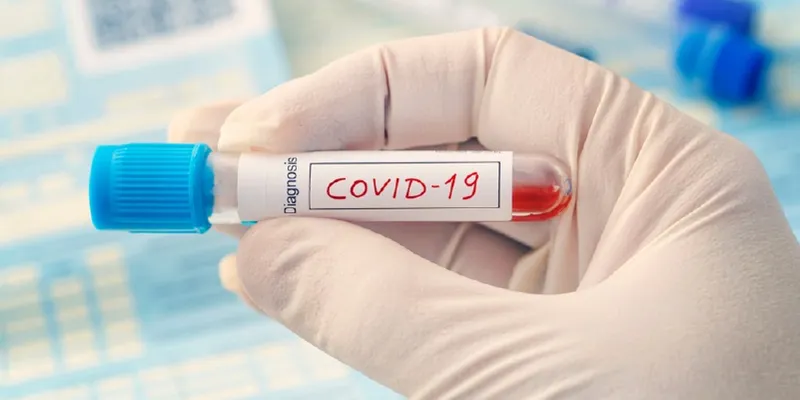Coronavirus: How Kerala-based OmicsGen is helping people maintain cleanliness
OmicsGen LifeSciences has launched a new product line called SmartLyse featuring hand sanitisers, gadget wipes, and surface sanitisers to help people keep themselves and their surroundings clean.
Maintaining cleanliness is an important aspect to avoid the coronavirus. Not only do people need to ensure that their surroundings are dust and dirt free, but also keep their hands, and every surface they touch, clean. Being a highly communicable, respiratory disease, coronavirus can make someone sick even if they touch a contaminated surface with the live virus on it, and then touch their eyes, nose, or mouth with unwashed hands.

Washing hands frequently and using sanitisers and wipes to keep the virus at bay has become more important than ever, and Kerala-based is helping people do just that.
Founded in 2017 by Dr Beena PS, OmicsGen LifeSciences provides research and insights about genomics, proteomics and metabolomics. The company works with health and educational institutes to research and develop diagnostic methods.
The startup has now launched a new product line called SmartLyse – featuring wipes for gadgets, surface sanitisers, and hand sanitisers that effectively kill microbes.
“SmartLyse solution is eco-friendly, and has no harmful agents in it. All the components are FDA-approved. It is a combination of inorganic compounds that can lyse (break) the cell wall of organisms (bacteria, fungus and viruses), and thereby kill them,” says Dr Beena, who completed her PhD in biotechnology, and is a prominent name in the field of genomics research.
Keeping the germs away
Beena explains the company studied about 200 individuals and deduced that thousands of bacteria and fungus present around humans and on their bodies can be very harmful.
“SmartLyse can eliminate the microbes that are transmitted from one person to another through gadgets, and also prevent microbes from adhering to the gadget, or a surface, for at least four days,” she tells YourStory.
Talking about the products, Beena says, SmartLyse’s gadget wipes can kill microbes – including the coronavirus – on gadgets, and help keep them sanitised for up to four days, while the hand sanitisers can keep our hands safe from the virus.
Using surface sanitisers on daily objects such as door handles, tables, and chairs, among others, can help keep the surrounding germ free.
Keeping coronavirus at bay
Earlier this month, OmicsGen was nominated by Bengaluru-based incubator Centre for Cellular and Molecular Platforms (C-CAMP) as a deployment-ready COVID-19 innovation.
Explaining the product formulation, Beena said that while the World Health Organisation (WHO) had recommended using 70 percent to 80 percent alcohol-based sanitisers for fighting the coronavirus, SmartLyse has very low alcohol content, but it can still effectively fight coronavirus due to its protein-lysing (disintegration of a cell by rupturing the cell wall) capabilities.
“Our formulation has very less alcohol composition – still equally or more good for sanitation. It can lyse the protein and lipid components of microbes, and thereby inactivate and kill them. It inhibits colonisation for a time period on any surfaces. As very less alcohol, its effects are retained on any surface for longer periods than alcohol based formulations. No cyclic compounds present, no toxic ingredients and its combination lyse the microbes,” Beena says.
Availability in the market
The company has submitted an application to the municipality for procuring a manufacturing licence this week, Beena says, adding she has also approached the Central Drugs Standard Control Organisation (CDSCO) for clinical trials and medical approval for the hand sanitiser. The application is yet to be submitted.
Currently, OmicsGen is capable of manufacturing a minimum of 100 litres of sanitiser, and 10,000 wipes a day. Manufacturing a litre of the sanitiser costs the company around Rs 1,600, while a packet of 10 wipes cost Rs 99.
According to Beena, one needs to wipe their gadgets once every four days, so the packet will last them at least a month.
India last reported 33,050 positive coronavirus cases as of April 30, with death toll reaching 1,074, on the back of more than 8,000 recoveries.
Edited by Aparajita Saxena








